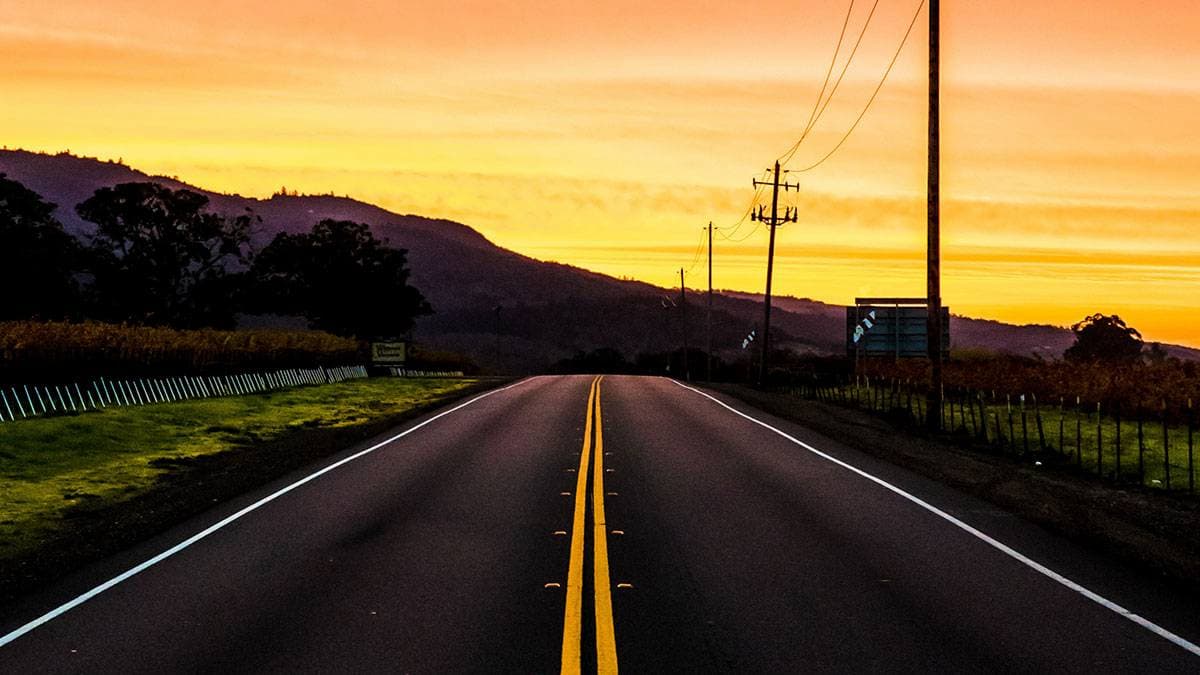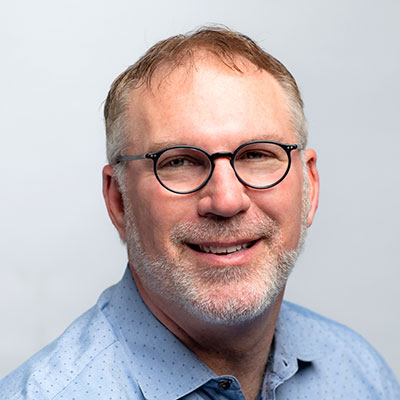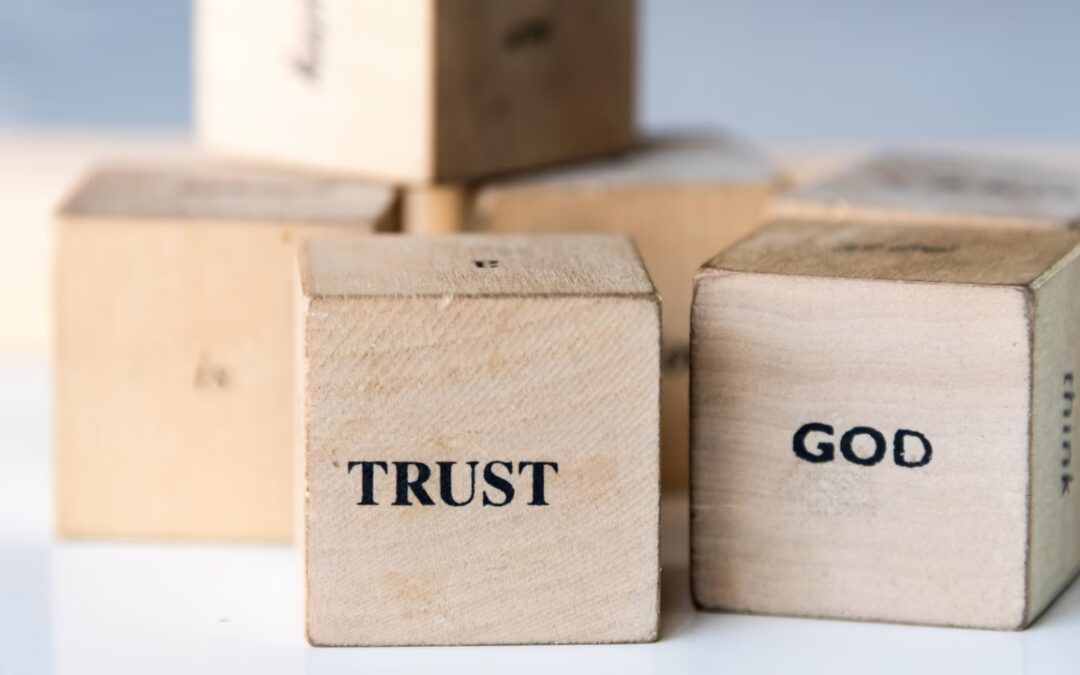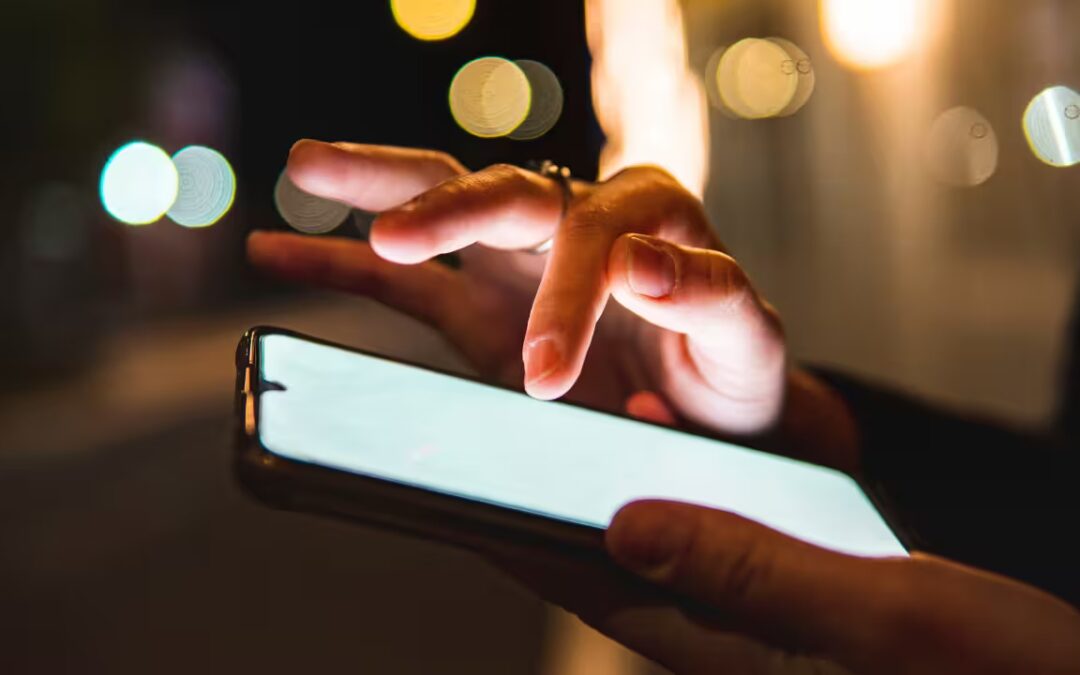Pandemic, apocalyptic—words I thought only appeared in TV and movie scripts now used in everyday vocabulary. What will it look like in a post COVID-19 culture? What will be missing, different, and the same? And, what can we do now? Years ago, I read a Tom Clancy novel describing an attack during the state of the union address forcing the government to rebuild. Many historians speculate on “what if?” questions. What if Lincoln lived? What if Hitler successfully invaded Russia? What if the Protestant Reformation never happened?
The ripple effects of each historical “what if” significantly alter history, life, and ultimately how people think. Applying an alternate reality to what might happen on the other side of COVID-19, we might not like those results. What I fear more is that until they see the five-year ramifications, people might even be ok with that new reality.
Who survives a post-COVID19 culture? The virus quickly exposed our world’s vulnerabilities. People who otherwise resist change have morphed overnight to survive. From working from home, churches streaming worship, and not eating with friends, behaviors changed instantly.
The new metamorphosis may not be as surprising as the long-term end result of the loss. Like our parents and grandparents from the Great Depression, many may stop traditional investing, will overstock their staple goods, and keep three extra gas cans filled and ready. Will we no longer shake hands? Prior to the virus, just a few of us suffered from OCD using wet wipes at the grocery store to clean more than the buggy handle. Each behavior results from a loss of trust. How long until we regain confidence in each other?
The lack of trust is just the beginning. What about the ethical dilemmas and lines crossed during the panic? Stockpiling face masks placed the medical community at risk. When asked why they were stockpiling firearms and ammo, the response was to protect their food supply. While I am unsure if Christians echo that sentiment, I would hope they see an opportunity to share rather than hoard.
Society might lose entire industries, or at least they might become dwarfed a bit. Chain restaurants may survive, but perhaps not favorite local eateries. Telemedicine might become the norm. I wonder if Apple is working on an iPhone tongue depressor. After 9-11, families could no longer accompany travelers to departure gates. Will families permanently lose visitation in nursing homes?
What will happen in the church and Christian ministries? Will the Body of Christ also experience a metamorphosis? For example, will online worship become the norm and what does that mean for giving and financial support? Will Sunday Schools continue to meet via video-based programs? Will those dreaded quarterly meetings become a thing of the past? Are pastors no longer expected to show up for hospital visits? Colleges are reimbursing unused room and board, eating up large chunks of their budget. Publishing houses are converting products digitally and giving them away in hopes churches will remember their generosity next quarter.
A few short weeks in 2020 could forever change the landscape and we won’t know to what extent for years. What happens when your church starts looking for a pastor, and our Christian colleges do not exist? Will the church know how to spot heresy? Will they disregard doctrine? Will the church even know when a teacher has downloaded the Sunday School lesson from the Internet without noticing the inherent problems with the content? “My pleasure” at the Chick-Fil-A drive-through may not be as pleasurable when the worker greets a hundred cars, not knowing if just one is a carrier. You want to support the restaurants and these workers, so they will be there on the other side of this virus. You want the person who cuts your hair, dry-cleans your shirts, gives you caffeine, and experiences fun to be there. You want your church to share, not hoard staples goods. Ask yourself how you can make a difference in a post-COVID-19 world and not look around and wish you had when it counted. I still want to trust, have community, Christian ministries, and yes, a few pleasures if possible. We can speculate about what the world will be like in the post-COVID era or we can do our part today. Our “What if?” for the future starts today.





